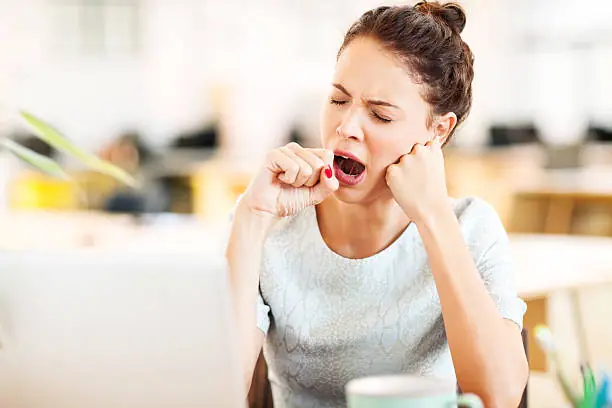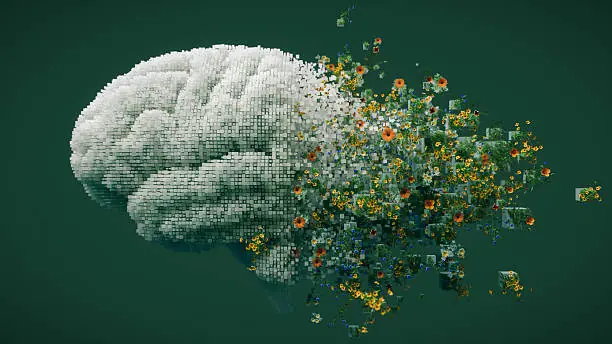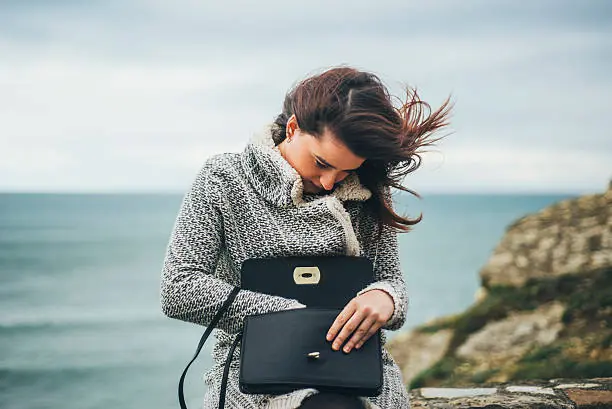
Why you should leave the bathroom light on when staying in a hotel or motel?
Why you should leave the bathroom light on when staying in a hotel or motel?
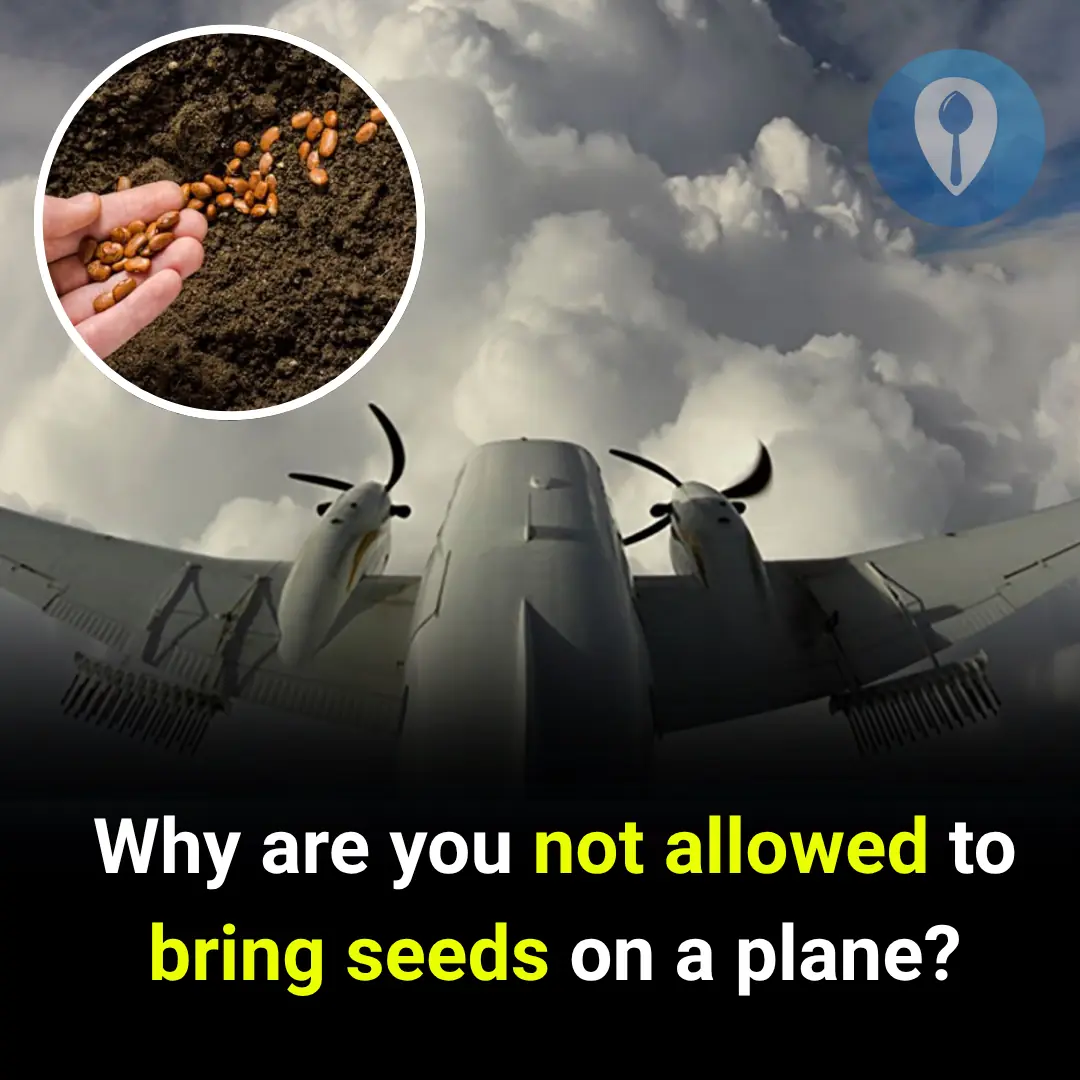
Why You Should Not Bring Seeds on a Plane: A Detailed Explanation
When you pack your bags for a trip abroad, you might not think twice about tossing a packet of seeds into your suitcase. Maybe you found an exotic flower you’d love to grow at home, or you want to surprise a friend with a rare vegetable variety. After all, they’re just tiny seeds — how much trouble could they cause? But in reality, many countries have strict regulations that prohibit passengers from bringing seeds on airplanes or across international borders. This seemingly simple rule is rooted in serious concerns about agriculture, the environment, and even global food security.
To understand why carrying seeds on a plane is often restricted or outright banned, it helps to know how seeds can act as hidden carriers for pests, diseases, and invasive species. Seeds may look harmless, but they can harbor fungi, bacteria, viruses, or insect eggs that are invisible to the naked eye. Once these unwanted organisms enter a new environment, they can spread rapidly, sometimes with devastating effects.
Take, for example, the spread of invasive plants. When people introduce foreign seeds into ecosystems where those plants do not naturally exist, they can outcompete native plants for sunlight, water, and soil nutrients. Some invasive plants grow aggressively, choking out local species and changing entire landscapes. This can result in the loss of native biodiversity, threatening the delicate balance of local ecosystems. In some cases, invasive plants have driven native species to extinction.
In addition to threatening native plant life, imported seeds can also pose a direct risk to agriculture. Pests and plant diseases carried by seeds can attack crops, reducing yields and causing significant economic losses for farmers. Once a pest or disease has become established in a new country, it is often very difficult and expensive to eradicate. For instance, the introduction of a single insect species can force entire industries to use more pesticides, which can have further negative impacts on the environment and human health.
That’s why many countries have strict quarantine and inspection measures for travelers arriving with seeds. Governments invest heavily in biosecurity systems to prevent the accidental introduction of harmful organisms. Border control officers and customs agents are trained to detect undeclared seeds or plant material in travelers’ luggage. In some cases, if you are caught trying to bring seeds into a country without permission, you could face fines, confiscation of the seeds, or even legal action. It may seem extreme, but the consequences of an accidental pest or disease outbreak can be catastrophic.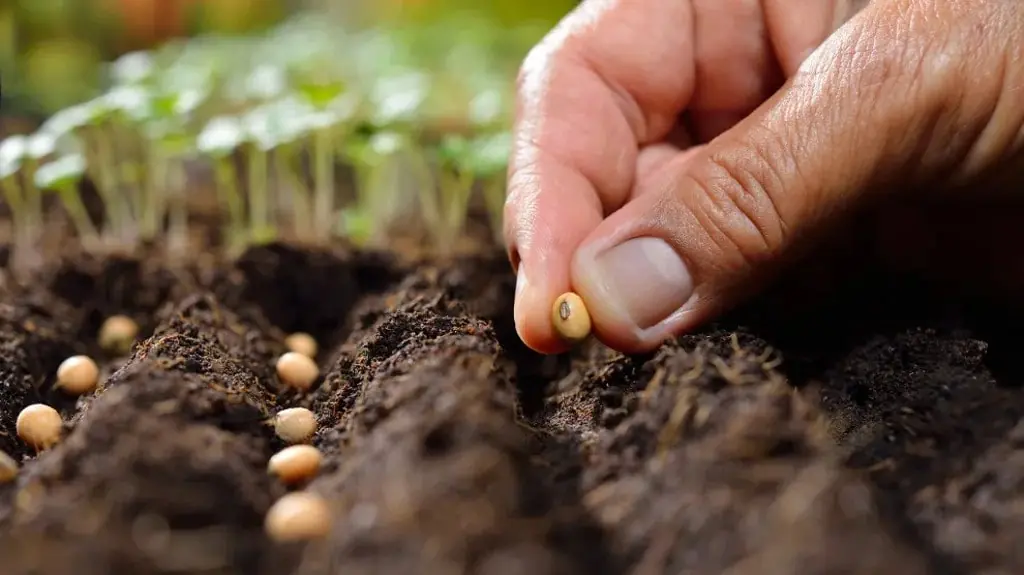
It is not just about protecting crops and native plants — it’s also about food security. Many countries rely on their agricultural industries not only to feed their own people but also to export food around the world. An unexpected pest infestation can disrupt supply chains, raise food prices, and affect the livelihoods of countless people who depend on farming. By controlling what enters and leaves a country, governments try to protect their farmers and ensure a stable food supply for everyone.
Some travelers think that store-bought seeds are safer because they come in sealed packets. While certified seeds from reputable suppliers are generally less risky, they are not automatically exempt from inspection rules. Even commercial seeds can carry pathogens or be prohibited species in some regions. Different countries have different lists of permitted and restricted plants, based on local conditions and previous pest outbreaks. What may be harmless in one climate can be a huge threat in another.
To prevent these problems, there are strict international standards for the trade of seeds and other plant materials. Many countries require a phytosanitary certificate if you wish to import seeds. This document, issued by an official plant health authority, confirms that the seeds have been inspected and found free from pests and diseases. However, getting a phytosanitary certificate as an individual traveler can be complicated and costly — and even with the certificate, you still need to declare the seeds when you go through customs.
Another reason seeds are restricted is that they can be used for illegal purposes. In rare cases, people have tried to smuggle seeds of protected or endangered plants, which is a crime under international conservation laws. Trafficking in rare or protected species can fuel illegal trade and threaten species already at risk of extinction.
For these reasons, it’s always best to check the rules before you travel. Airlines themselves don’t usually inspect your seeds, but customs officers in the country you’re entering do. Some destinations, like Australia and New Zealand, have some of the strictest biosecurity laws in the world because their unique ecosystems are especially vulnerable to invasive species. Even a tiny seed stuck to the sole of your shoe can pose a risk if it takes root in a place where it does not belong.
So, what should you do if you really want to bring seeds home from your travels? First, research the regulations of your home country and the country you’re visiting. Find out which seeds are allowed, what paperwork you need, and how to pack them correctly. Be honest on your customs declaration form. If seeds are prohibited, it’s better to respect the rules and look for alternative ways to obtain the plants you want — such as ordering from certified suppliers who can legally ship seeds with the proper documentation.
In the end, these rules are not meant to inconvenience travelers. They exist to protect our crops, native plants, and environment from damage that can be impossible to reverse. The next time you’re tempted to slip a handful of seeds into your bag, remember the bigger picture. A tiny seed might seem harmless in your pocket, but once it takes root in a new place, it can change entire landscapes, endanger species, and threaten livelihoods. That’s why we all have a role to play in safeguarding the natural world when we travel.
So next time you travel, enjoy the beauty of new plants where they grow — and leave the seeds behind. Sometimes the best souvenir is just a memory, a photo, or an inspiration to grow responsibly at home.

Why you should leave the bathroom light on when staying in a hotel or motel?
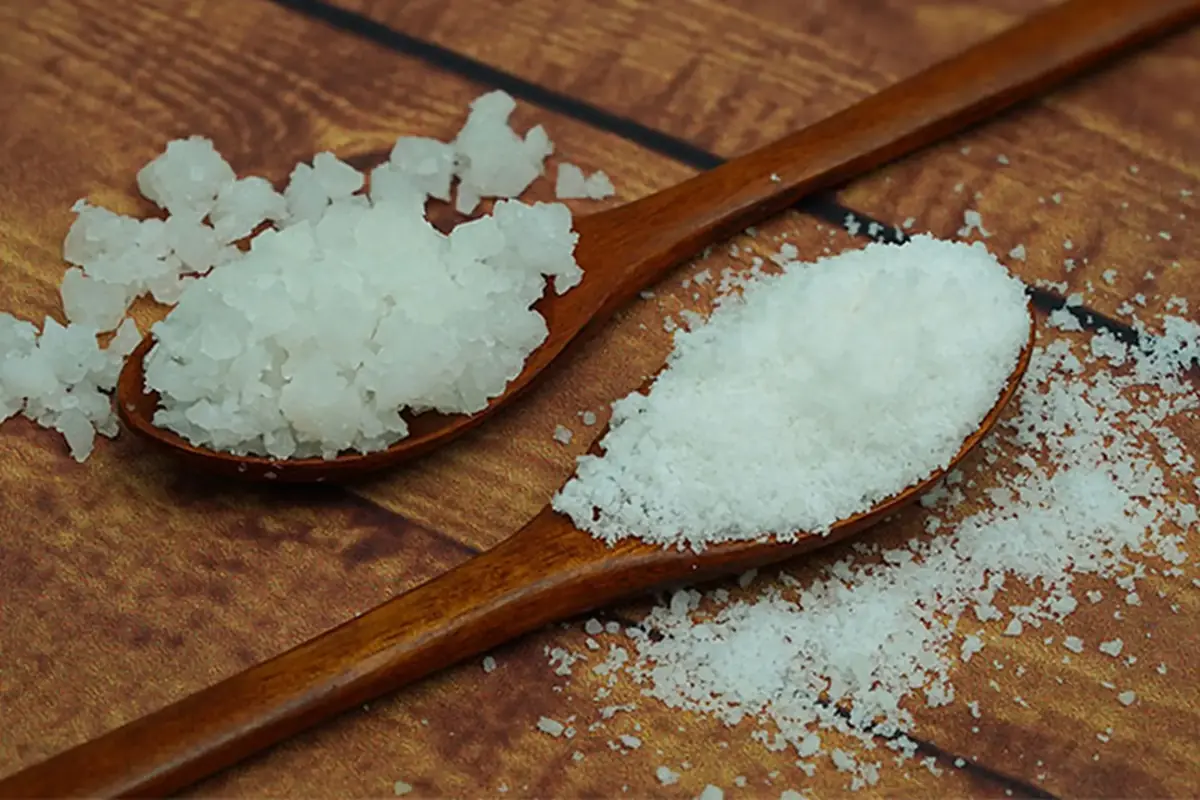
Magnesium is an essential mineral in the human body, playing a critical role in over 300 enzymatic processes.
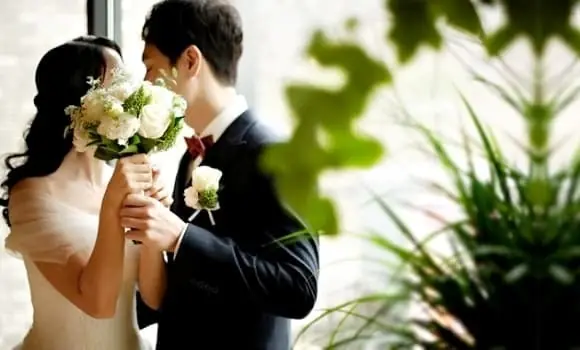
Marriage has never been something to take lightly.
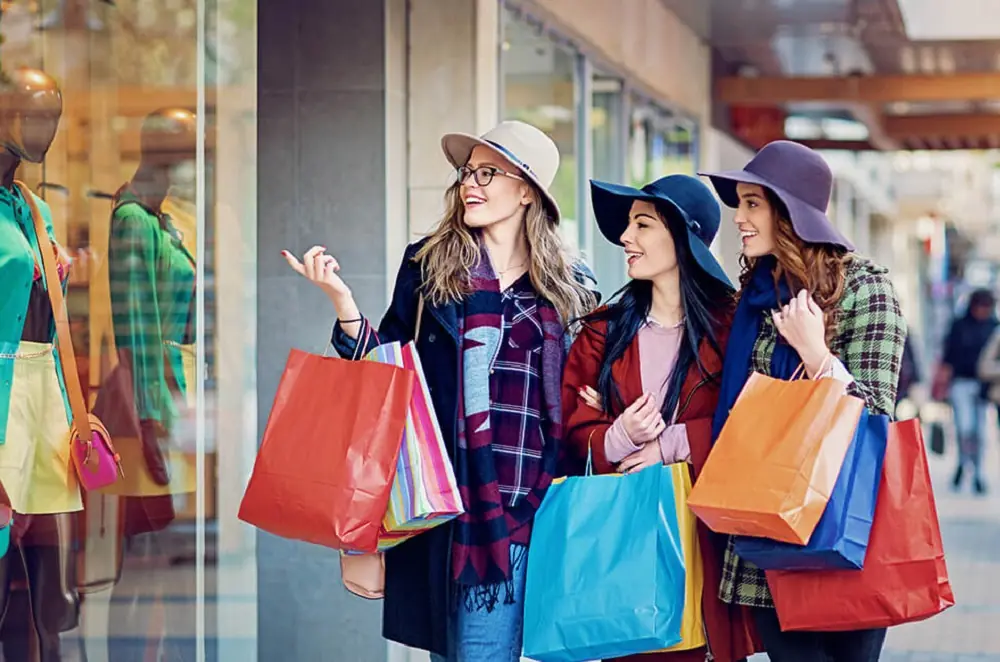
Why do some people with modest salaries seem calm and stress-free, while others who earn more still feel anxious and restless?
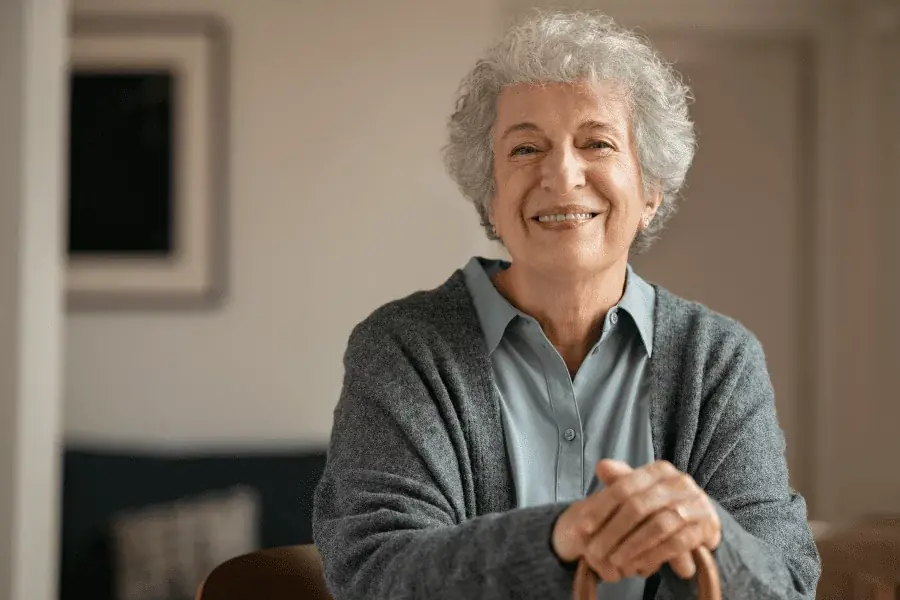
I’m 73 Years Old. I Live Alone, But I Never Feel Lonely. My Top 4 Tips

Words can heal or hurt—choose them wisely in love and conflict.

Are you making this mistake without realizing it?
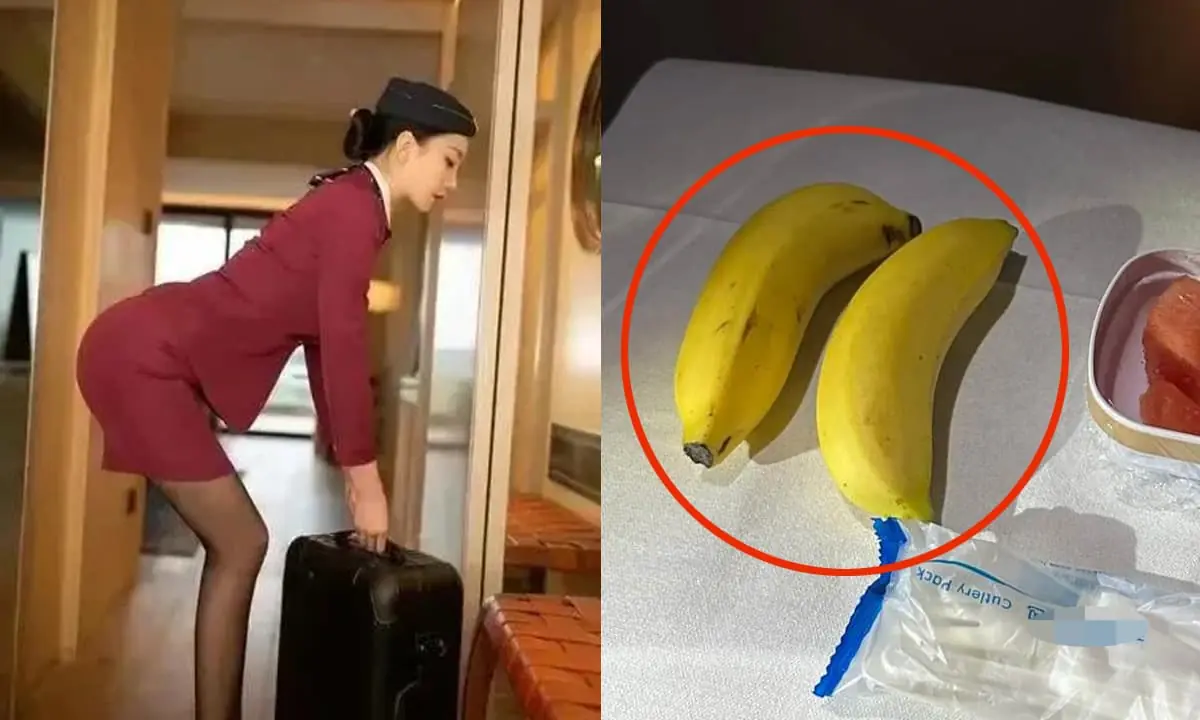
Why Do Many Flight Attendants Carry a Banana on Board?
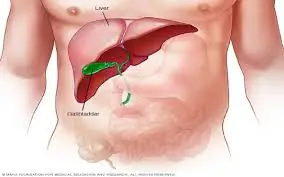
Life After Gallbladder Removal: What Happens Next and 3 Possible Risks
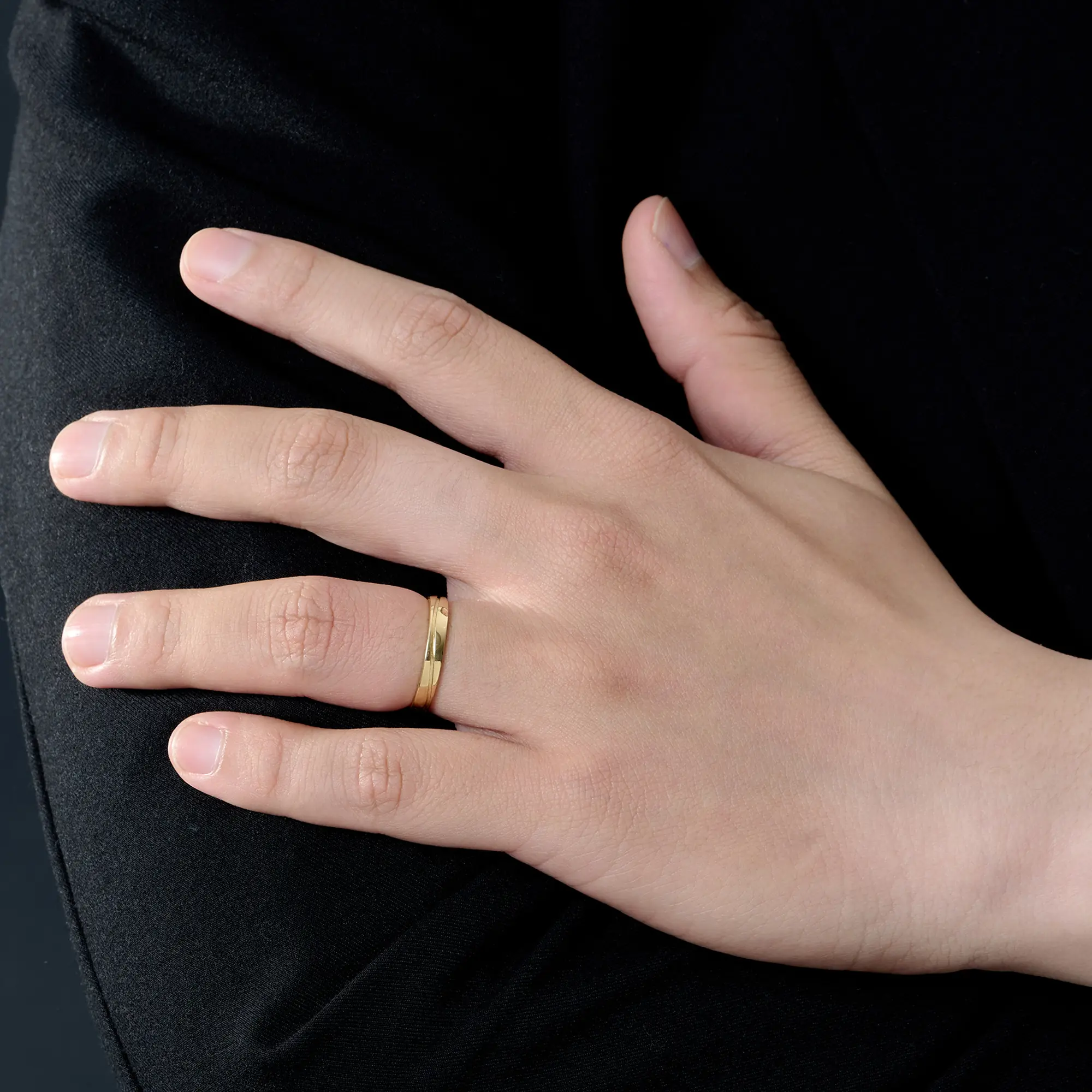
Few People Truly Understand What It Means to Wear a Ring on the Right Hand

Just as your body is finally surrendering to sleep, it happens.

Three Types of Women Men Should Never Underestimate

Marrying a weak man can be a lifelong mistake for a woman.
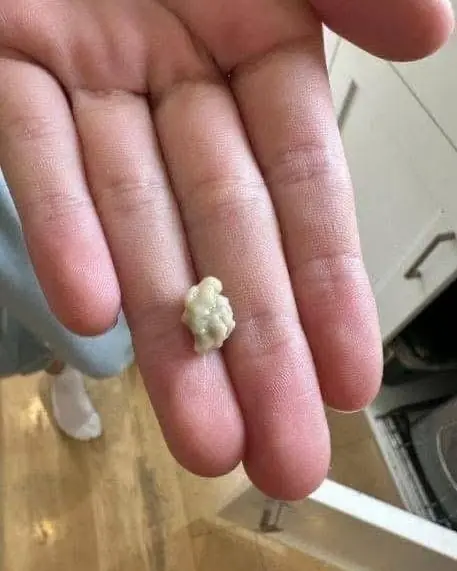
Yesterday I sneezed several times and felt something tickling my throat. Any idea what it was?

Even young individuals can experience strokes, as highlighted by the case of a 19-year-old suffering a stroke after a headache.

Love isn’t always enough—family dynamics can shape your future.

Small habits may quietly damage even the strongest marriages.
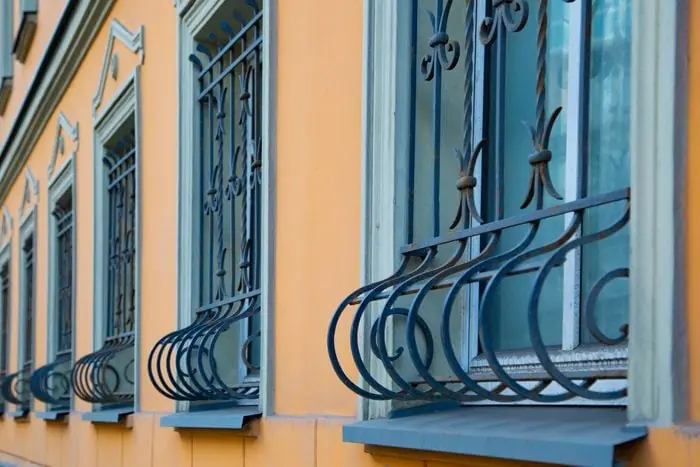
Why Are Some Window Bars Curved at the Bottom?


What You Should Know If You Enjoy Daytime Naps
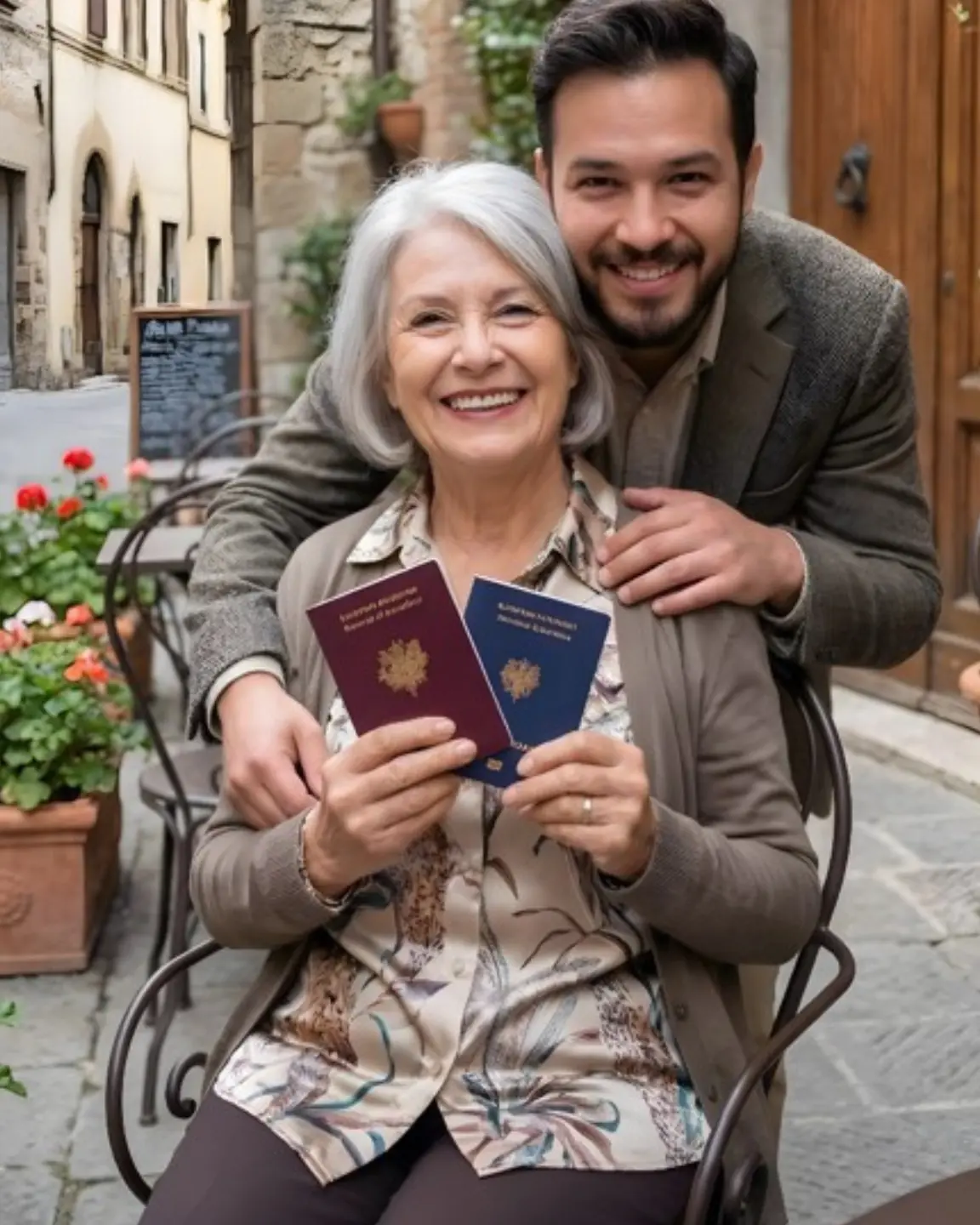
Marrying Kavita: The Choice Everyone Fought—And the Truth I Didn’t Expect

A Father’s Instinctive Dash to Protect His Daughter

My Husband Took a Secret 15-Day Trip With His “Best Friend”—When He Came Back, I Asked One Question That Stopped Him Cold

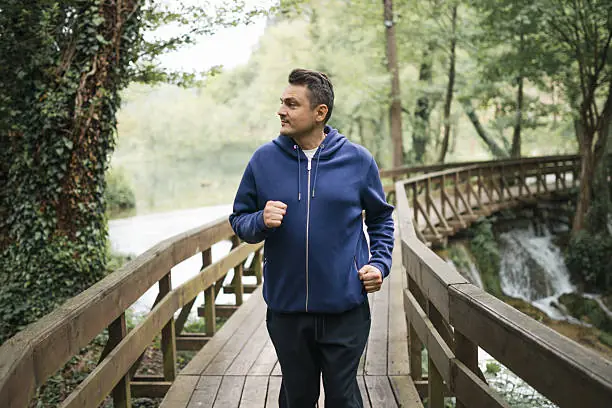
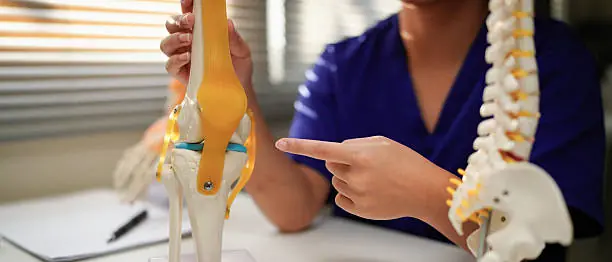

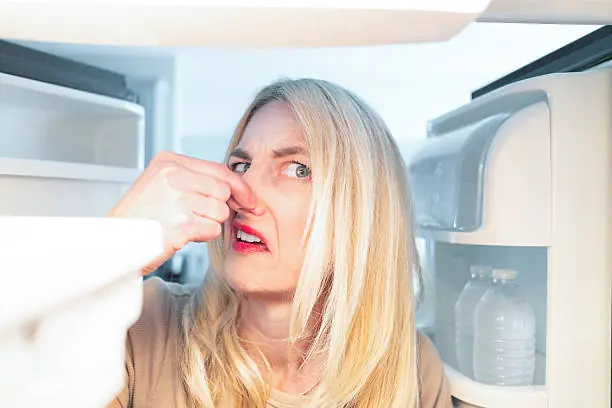

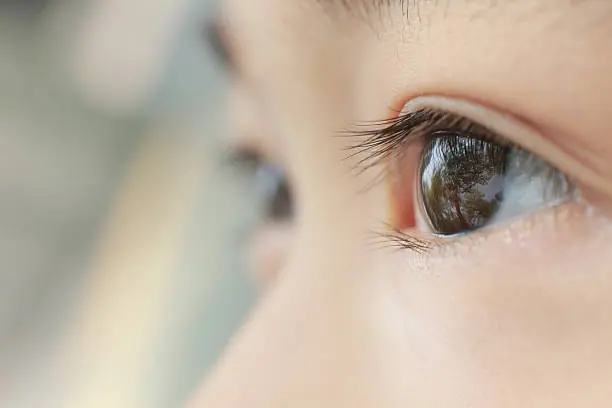

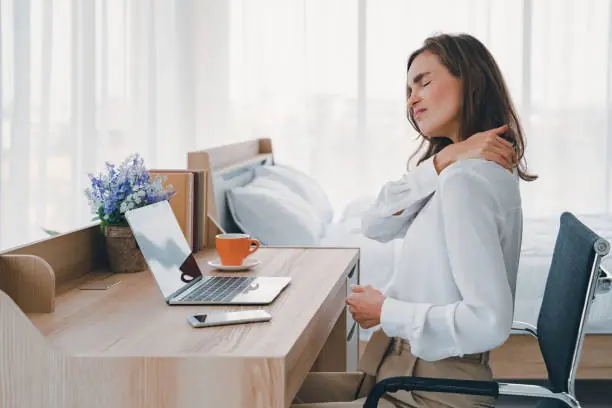

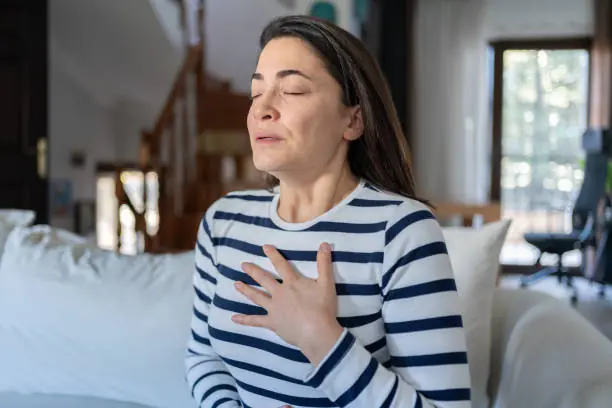
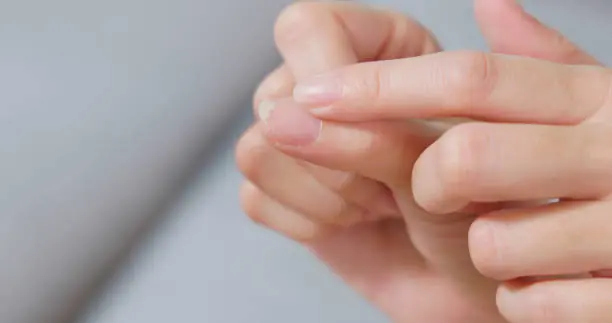
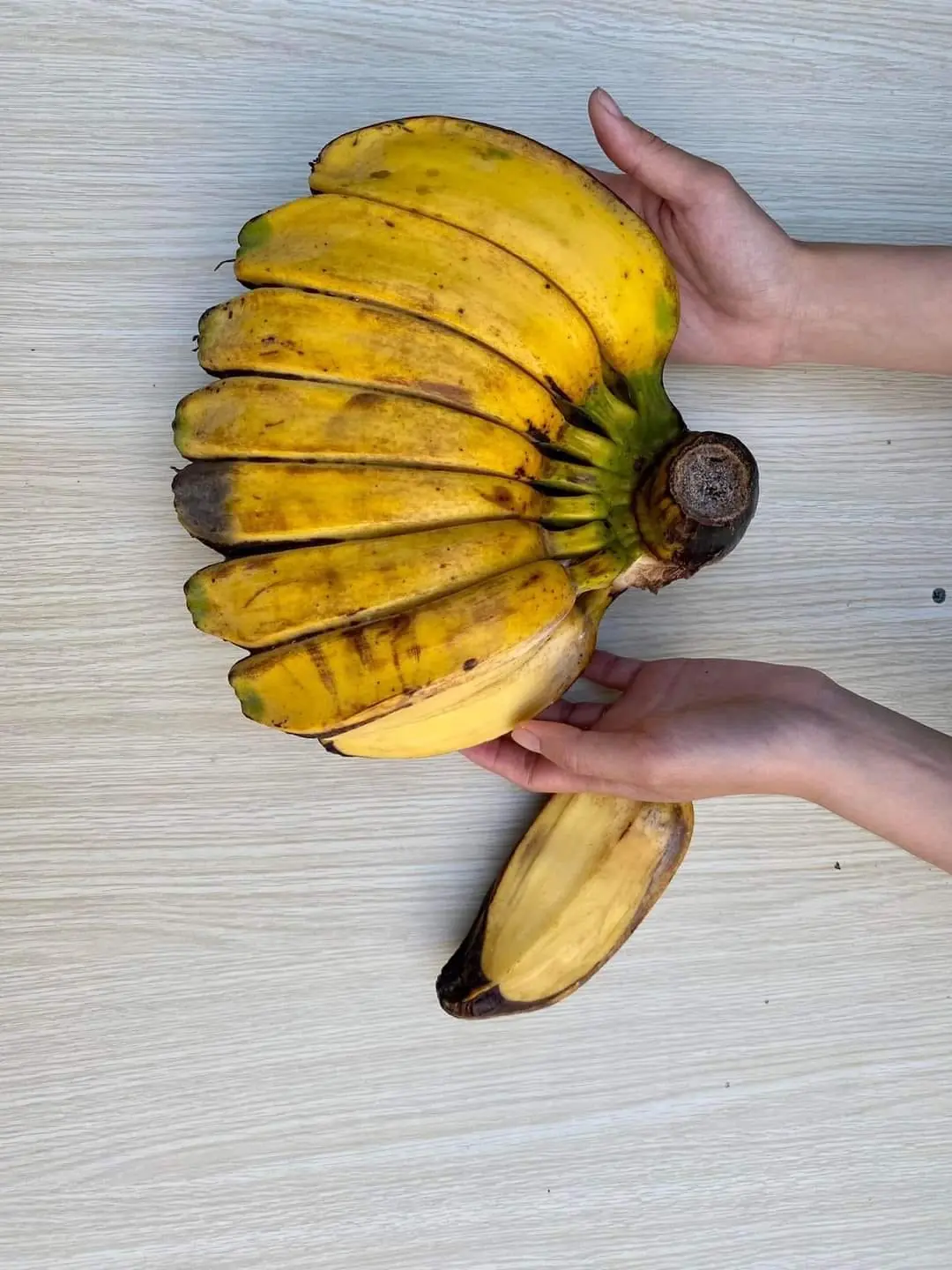
A simple banana a day could support energy and heart health.
